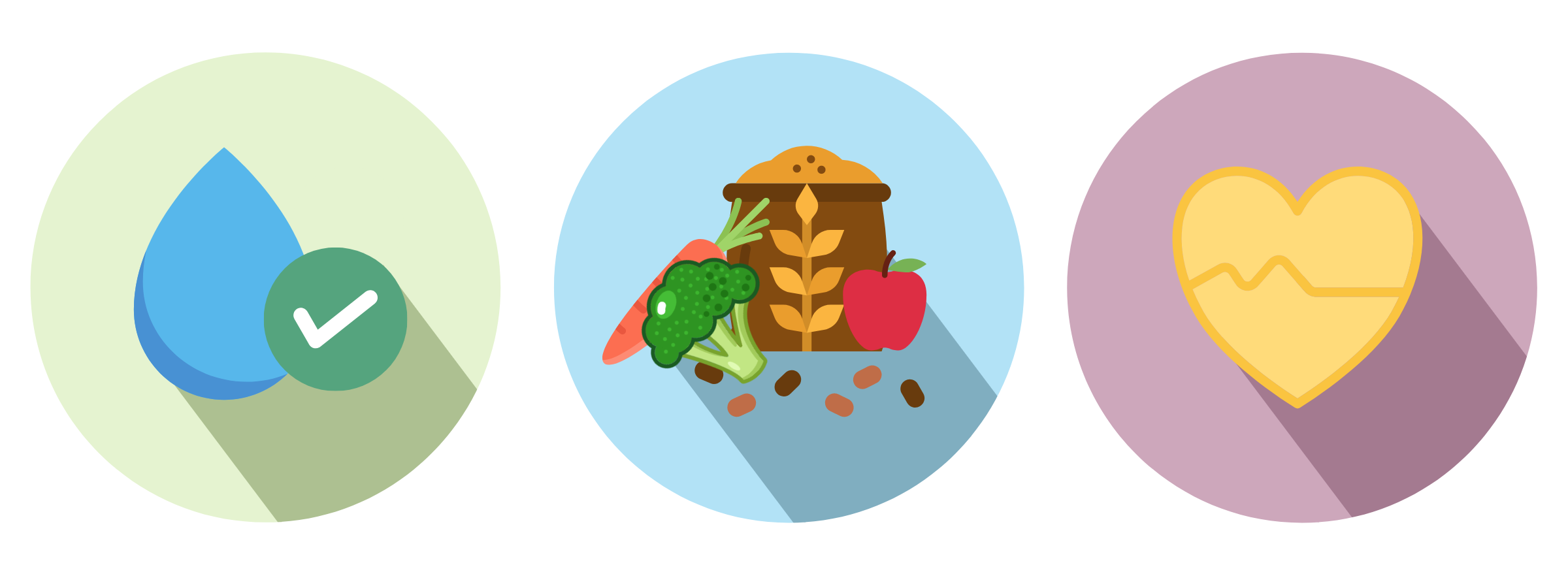Constipation and smearing in children and teenagers
- 1-5 Years
- 5-11 Years
- 11-19 Years
- SEND
- Peeing, pooing and toileting

Constipation is the inability to do a poo regularly or to completely empty the bowel. It is the most common bowel problem in children and affects children of all ages.
Explore the topics on this page:
Symptoms of constipation
Over time you’ll get to know your babies bowel habits and will be able to tell if something changes. Some symptoms of constipation may include:
- bad smelling wind and poo
- lots of farting (also known as flatulence or wind)
- every now and then passing a very big poo or frequently passing small lumps
- tummy pain, bloating or discomfort
- poor appetite
There is not always a reason why your child has constipation but some possible causes include:
- not drinking enough
- not eating enough food high in fibre
- feeling worried or anxious
Poo should be soft and easy to pass. Ideally it should look like number 4 on the poo chart. Passing poo more than 3 times a day, or if your child is soiling their pants, may be a sign of overflow soiling. This is when diarrhoea leaks out around the hard, constipated poo.
Large pieces of poo can stretch the bowel and then press on the bladder. This can then lead to urine incontinence. So it is important to check your child is not constipated before starting a toileting plan.
Who can help with overflow soiling
Speak to your GP if your child is regularly pooing (soiling) their pants.
Ask for an urgent GP appointment or call NHS 111 if:
- your child is pooing their pants (soiling), has a swollen tummy and is being sick
- your child is soiling and has numbness or weakness in both legs

Treating your child's constipation
If you think your child is constipated, it’s important to get help quickly. Your GP can prescribe the right medication for your child. Your child should take medicines as directed. You may need to change the dose depending on how hard or soft the poo is. New doses may take time to have an effect.
Medication works well in conjunction with other lifestyle changes. These include:
If you are looking for advice for babies, read our guidance on constipation in babies.
Why your child is smearing their poo
When children spread poo on themselves or the walls this is known as smearing. Some children may do this if their bowel is full and overflow soiling occurs. This is where diarrhoea leaks out around the hard, constipated poo. Other children may do this as a way of communicating they have done a poo, out of curiosity or because they enjoy the feeling of it on their hands.
If constipation is the cause of smearing, this should be treated first. Try not to react negatively if your child smears their poo. As this may unintentionally reinforce the behaviour. You can try providing playdough or a strong smelling perfume on a handkerchief as an alternative way to stimulate their senses.
Need more specific support for your child?
If your child needs more help or has additional needs, you can visit our specific section for extra support.
Last reviewed: 1 November, 2024
